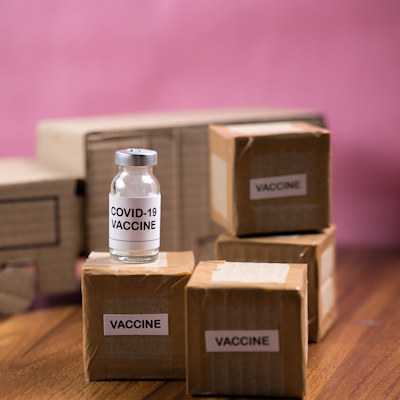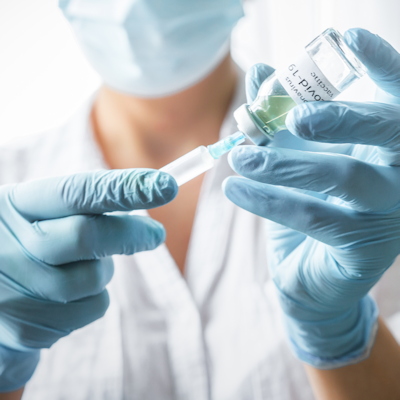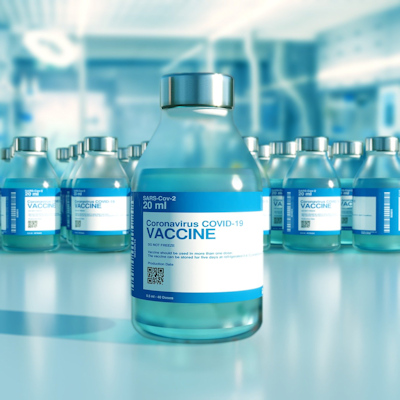April 3, 2023 -- A nasally delivered, live-attenuated vaccine against COVID-19 has outperformed an intramuscular mRNA shot in hamsters, encouraging researchers to prepare to study the candidate in humans.
Interest in developing nasal vaccines to protect against COVID-19 dates back to the early months of the pandemic. Because SARS-CoV-2 first takes hold in the nose, mouth, throat, and lungs, vaccines that target those mucous membranes could be more effective at stopping infection and transmission than injected vaccines. The idea is to stop SARS-CoV-2 sooner by providing protection at the site of infection.
Work on nasal vaccines has resulted in approved products in China and India, both of which use modified adenoviruses to protect against COVID-19, but the global market remains dominated by mRNA vaccines that are injected into the muscles. However, some groups continue to work on nasal vaccines.
Writing in Nature Microbiology, researchers at three German institutes -- Freie Universität Berlin, Max Delbrück Center and Charité – Universitätsmedizin Berlin -- present data on a live nasal vaccine. To make the vaccine, the scientists altered the genetic code of SARS-CoV-2 to weaken the virus and formulated it into a nasally delivered solution. The changes are designed to stop the virus from harming patients.
Administration of the candidate to hamsters suggests the live attenuated nasal vaccine may have some advantages over prophylactic injections based on mRNA. Two doses of the nasal vaccine stopped the virus from replicating in hamsters, whereas animals that received two shots of mRNA suffered damage to the upper tissue layers in the nasal mucosa.
The effectiveness of two doses of the nasal vaccine was underpinned by its effect on the memory T cells that reside in lung tissue, as Geraldine Nouailles, an immunologist and research group leader at Charité, explained in a statement.
"These white blood cells remain in affected tissue long after an infection has passed and remember pathogens they have encountered before. Thanks to their location in the lungs, they can respond quickly to viruses that enter through the airways. We were able to show that prior intranasal vaccination results in the increased reactivation of these local memory cells in the event of a subsequent SARS-CoV-2 infection," Nouailles, the co-first author of the study, said.
The researchers are collaborating with the Swiss startup RocketVax in preparing to test the nasal vaccine in humans. RocketVax plans to rapidly scale up production and advance clinical development in the belief that the delivery technology has great potential in the market for seasonal vaccines.
Copyright © 2023 scienceboard.net











